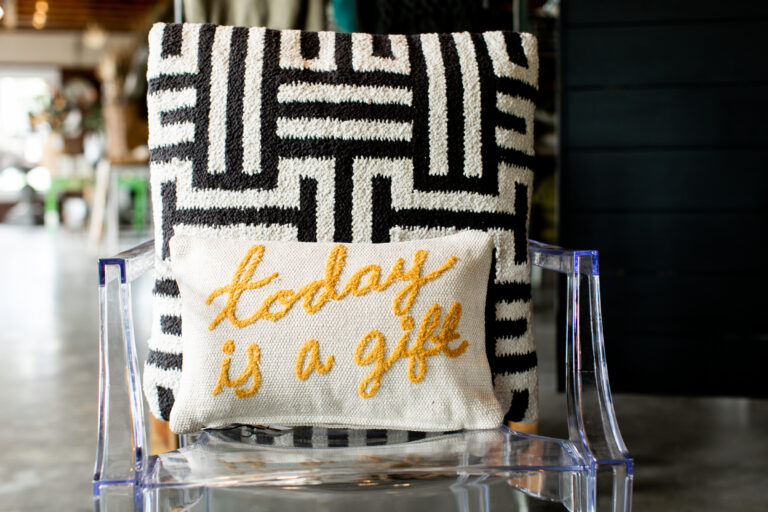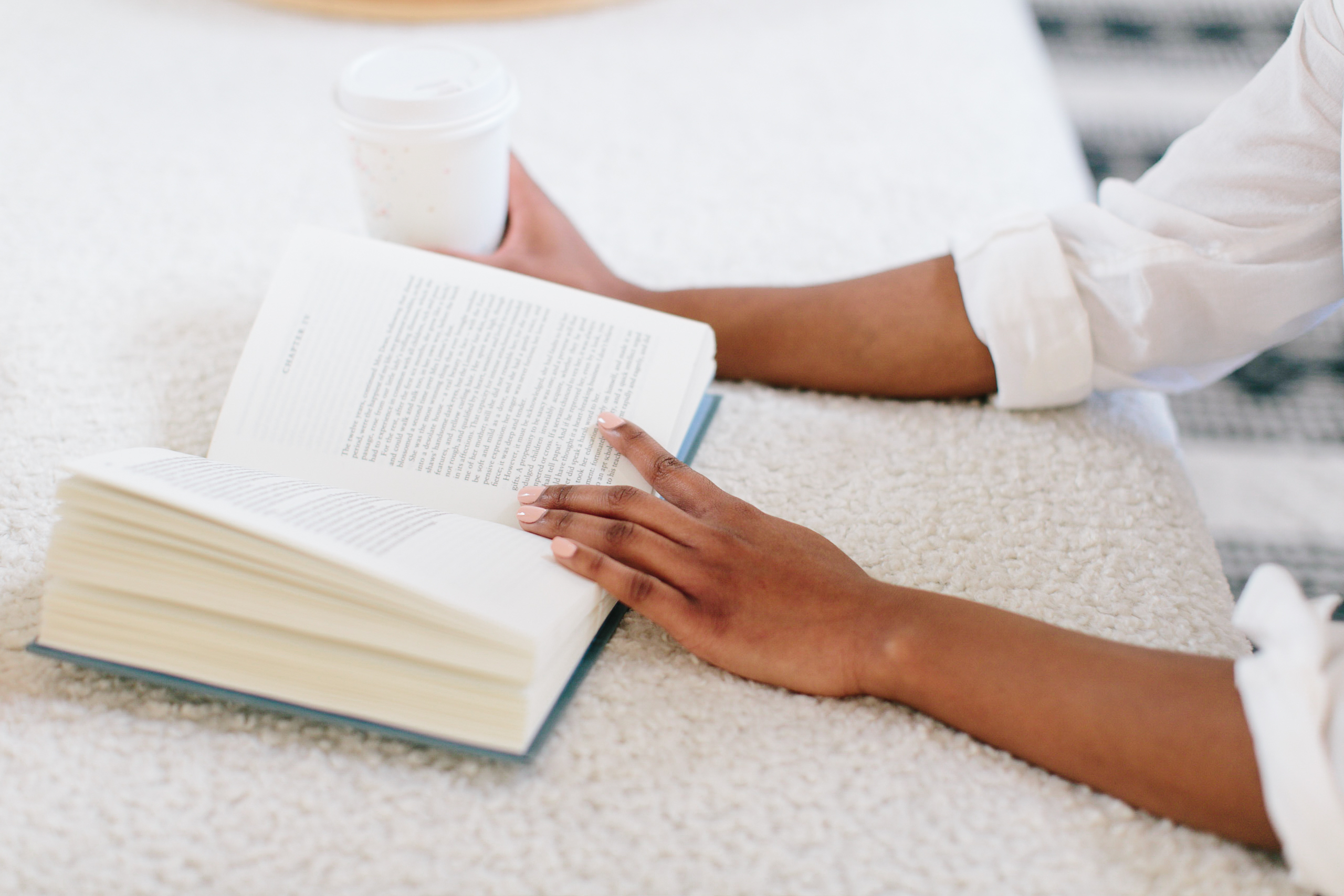Being Present

What does it mean to you to be present? Can you tell when you are? Does it matter?
This is what I notice when I am not present.
- I don’t listen well. I don’t listen at all.
- I can’t focus fully on either thing I am trying to multitask.
- I feel drawn in different directions, but can’t fully commit to either path
- I feel guilty.
- My attention levels are down.
- I neglect something that I need to attend to; someone that I need to attend to.
- I’m fidgety; constantly looking for something for my brain, my fingers, my mind, my eyes to do.
- I am neither one thing, nor the other.
This is what I notice when I am present.
- I notice things that I may not otherwise have done. In my surroundings, in the conversation, in the non-verbal cues, in the slightest rolling of an eye.
- I am aware in more of my senses.
- I listen better. I listen.
- I feel calm and focussed; I attend to one thing and I attend to it well.
- I feel more in control.
- I am surprised.
So why, from someone who is often called (by others and myself) a mindset coach, does presence matter? What difference does it make to your confidence, or growth or bravery or contentment?
Simply this: if you are unable to be present with yourself, you are unable to be present for others. If you are unable to be present for others, your relationship with them shifts.

When we are unable to be present for ourselves, we are no longer attuned to what matters. If we aren’t attuned to what matters, we can no longer make good decisions that move us forwards.
In this life which is so full of busyness, we are called upon to multitask just to get things done. We are celebrated for our busyness and for our multitasking; especially as women where we are constantly reminded that it is a ‘natural skill’ for women to multitask, but men are never expected to. It’s not in their natural gift.
In a time when we are expected to be holding down careers, raising families, living wildly, leaping, creating a side-hustle, curating an instagram-appropriate life, sharing our vulnerabilities, creating mystery, working on relationships, yoga-ing, pilatesacising and becoming mindfulness yogis we are left feeling that if we can’t multitask, we fail.
But what would happen if you focussed on one thing? What would happen if you put your phone to one side when you’re having conversation, reading a book or watching a programme (if you get my newsletter, you’ll have read in the January edition that I am currently loving the French Netflix programme Call My Agent purely as it’s subtitled so i can’t not be present and in the moment to enjoy it!)?
What if instead of running to music, you ran to the sound of your breathing, of the birds, or the thud of your feet as they power you through?
How about instead of cooking, tidying, responding to emails and getting them to do their homework, you stopped and attended to the army battle scene they’ve just created with ALL their toys?
What if you attended that zoom or teams meeting and didn’t answer emails at the same time?
Can you tell when someone isn’t really listening to you. I bet you can. How does it make you feel? For me, I’m left feeling unheard, unvalued, unappreciated.
As a coach, one of the greatest skills I have in my suite of tools is the ability to really listen, to attend and be in the moment. If I can’t do that, I can’t bring my full self to the session in service of my client. If my client doesn’t feel heard, they won’t trust me. If they don’t trust me, they won’t open up. If they can’t open up and be honest in their coaching session, it’s never ever going to give them the experience they deserve.
I take this so seriously that I always craft time ahead of a session to get rid of whatever baggage I’m carrying for the day (write it down, go for a walk, do a Headspace session…) so that I can be focussed and away from the temptation to daydream during a session. In fact, I would never schedule a session ahead of something I know will distract me. Giving my client my attention for the full time is simply respectful and honouring their time.
So why am I writing about this today? Because I think it’s a kindness we can gift ourselves and others. But it can take practice.

Here are 10 quick and easy examples you can try today in order to be present.
- Go for a walk (at least 15 minutes) and leave your phone behind
- Call a friend and just listen to them. Don’t try and tidy, cook, flick through instagram, do the ironing or put on laundry at the same time. If you want a drink, make it before you call them. Sit and really just be on the phone call and nothing else, as if they were in the room with you.
- Ask your child how their day was and listen without interrupting or taking the conversation where you think it should be (my kids have a thing called ‘Mum Mode Off’, which is what they ask me to do when they want to tell me a rude joke they’ve heard, or test something out with me that they’re not sure is erring on the side of naughty. I think it also applies to listening without the need to ‘use the time well;)
- Sit outdoors and listen. List (in your mind) everything you can hear
- Write ‘I wish I…’ at the top of a page and write without stopping for 10 minutes. Don’t take your pen off the page (if you get stuck, just write ‘i wish I’ over and over again until something comes), don’t censoring yourself – just go for it
- In your next online meeting, close down your emails
- Switch your phone onto ‘do not disturb’ mode and put it out of reach
- Go find Call My Agent on Netflix (other subtitled programmes are available) and watch it!
- Try a mindfulness exercise on Headspace (my favourite), Calm or other mindful app
- Write a letter to a friend or relative. Sit at a table to write it and clear other distractions away
I’d love to know if you try any of these and how easy or difficult you find them. Do you notice a difference to the quality of your attention? Do you notice things you might otherwise not have?